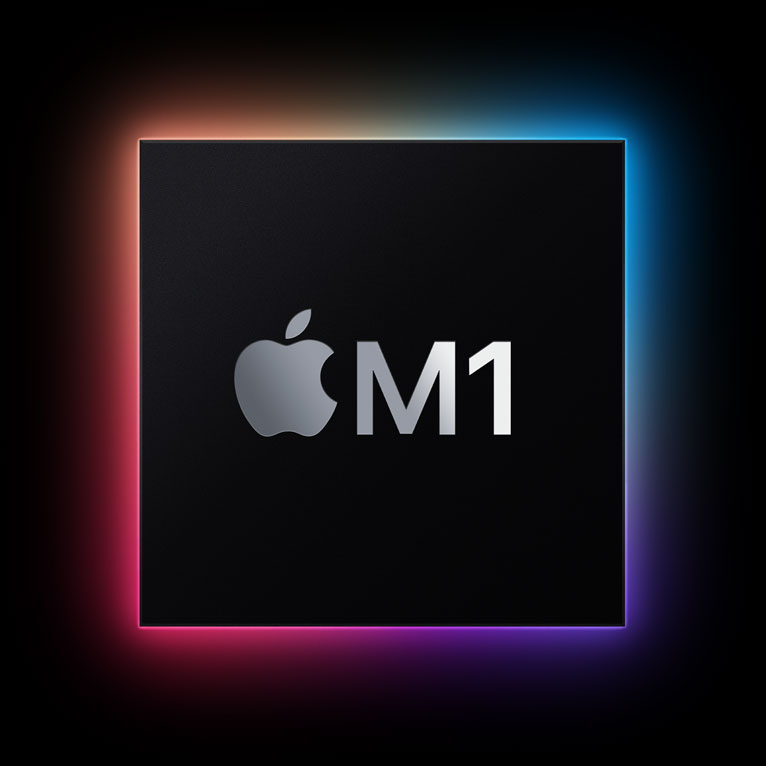Google, reportedly, is working on in-house chipsets for its upcoming Pixel devices for the year 2021. Google might use the chipset not only in Pixel devices but also in Chromebooks and the rumored foldable device, just like Apple does for its gadgets. The tech giant has allied with Samsung for chip production.
In October 2020, Google CEO Sundar Pichai revealed that the firm is doing some deeper investment in hardware, and his team is excited for the roadmap for the year 2021. This could be taken as a hint towards Google’s in-house chips on Pixel devices.
According to a report by 9TO5Google, the system on a chip(SoC) being developed by Google is codenamed as “Whitechapel” and this chip could be used in the upcoming Pixel 6 smartphone and future Chromebooks from Google instead of Qualcomm chipsets.
The report also revealed that Google has joined hands with South Korean tech giant Samsung. Google is using Samsung Semiconductor’s system large-scale integration (SLSI) division for its chips. Google’s chip may feature an octa-core ARM CPU with two Cortex-A78+ two Cortex-A76+ four Cortex-A55 cores. It’ll also have an off-the-shelf ARM Mali GPU, based on a 5nm fabrication process.
Samsung’s Exynos chipsets rival the Qualcomm chipsets in the Android market, with Exynos 2100 being the latest from Samsung. It is expected that Google chips may share certain features with Exynos chips, along with software similarities.
As per the report, Whitechapel is also connected to the codename “Slider”, which has already been seen on Google’s camera app. The Slider platform confirms two smartphones with codenames “Raven” and “Oriole”, with one of them being the Google Pixel 6. Internally, the chip is being referred to as “GS101”, where the GS could stand for “Google Silicon”
The upcoming chipset from Google could be in the premium mid-range segment, competing with Qualcomm’s 7-series chipsets. Last year’s Google Pixel 5 was powered by a mid-range Snapdragon 765G chipset.
Putting it all together, Google will no longer rely on Qualcomm for the chipsets, instead, it will use self-made chipsets in collaboration with Samsung. This will ultimately benefit Google for future driver updates for smartphones. Google had previously allied with Intel for Pixel Visual Core for Pixel 2 in 2017, which can be integrated with the Whitechapel to explore new camera capabilities.
It will be difficult to deliver a perfect chip on the first try, but with Google’s track record, they should be able to do so. When Apple chose to create its own M1 chipset for MacBooks, there were similar questions about performance. However, Apple managed to live up to the hype and offered the fastest chipset on a laptop to date.
There has been no official statement from Google regarding this news.

